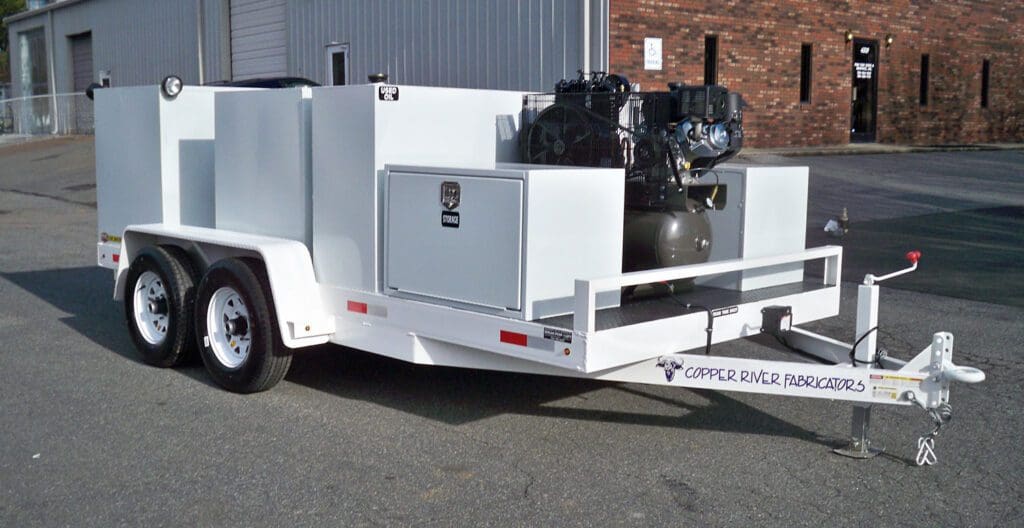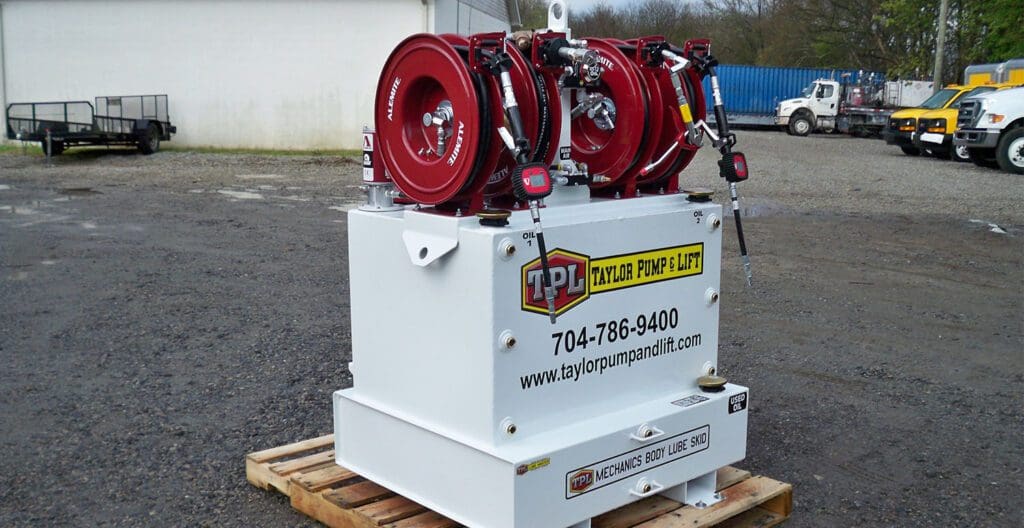Getting Started in the Mobile Oil Change Industry: Lube Skids & Trailers
So you want to get started in the mobile oil change industry, but you’re not sure where to begin. TPL can help you determine if this new step is right for you!
With the new year behind us, many business owners and lube truck operators are looking towards opportunities in 2021 – including additional income and/or servicing their own equipment. But knowing where to start can prove tricky. Do you go all-in with a mobile lube truck? How do you know which products you need, or how many, or how much volume to keep in the tanks? These questions quickly grow into internal conversations about costs, timelines, and personnel options – easily becoming overwhelming, leaving you frustrated and behind schedule.
That’s where Taylor Pump and Lift steps in.
Part of our process is assessing your business needs with granular precision. This includes reviewing your budget, and determining which piece of mobile lube equipment best fits both your functional and financial needs. We pledge to never sell you a product that you don’t need by modifying our existing lube skid or fuel/lube truck layouts, if necessary.
For those on a tight budget or with smaller fleets, our standard lube skids and lube trailers offer functionality without the high price tag of a lube truck. These options offer security while on the job site, the convenience of being transported with a standard pickup truck, and compact footprints that don’t sacrifice ergonomics or product volumes.
Branching out into servicing your own equipment or offering mobile lube services can be stressful, but it doesn’t have to be daunting. At TPL, we’re here to help better your business. Let us help you get started in the mobile oil change industry today!
Interested in one of our custom skids or trailers? Contact us here, and we’ll get back with you ASAP!


